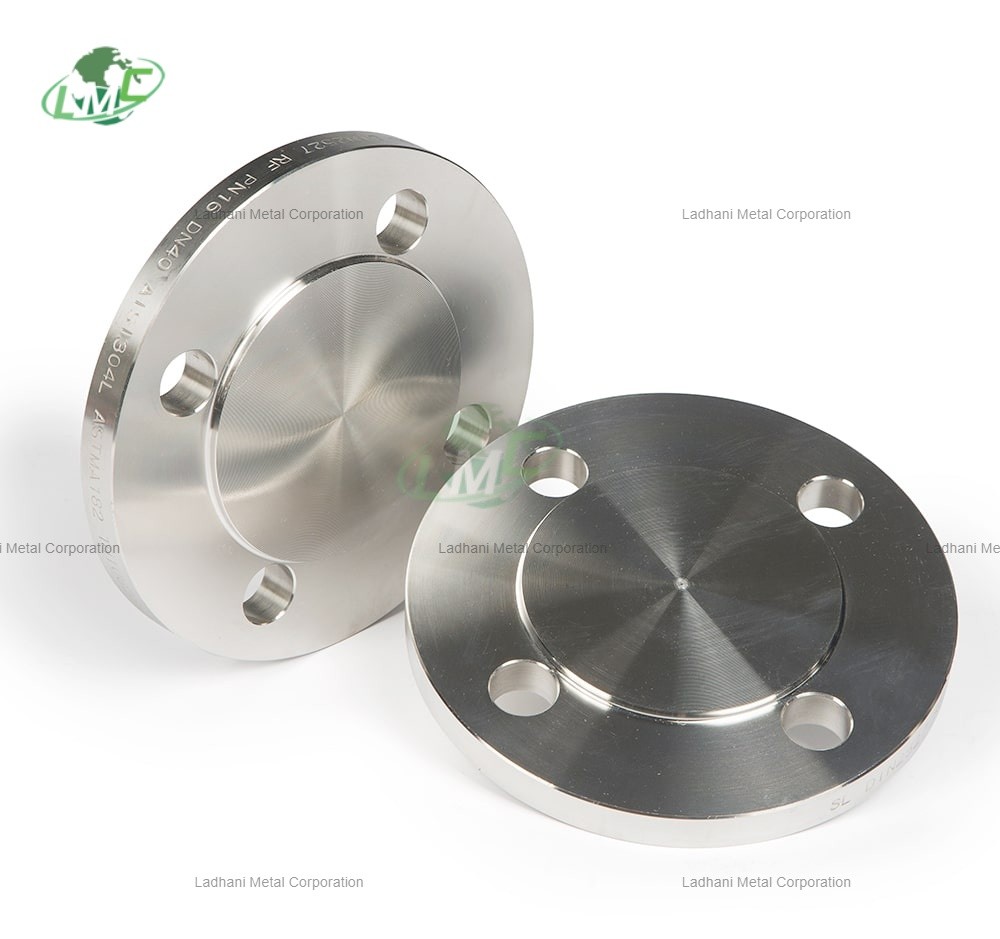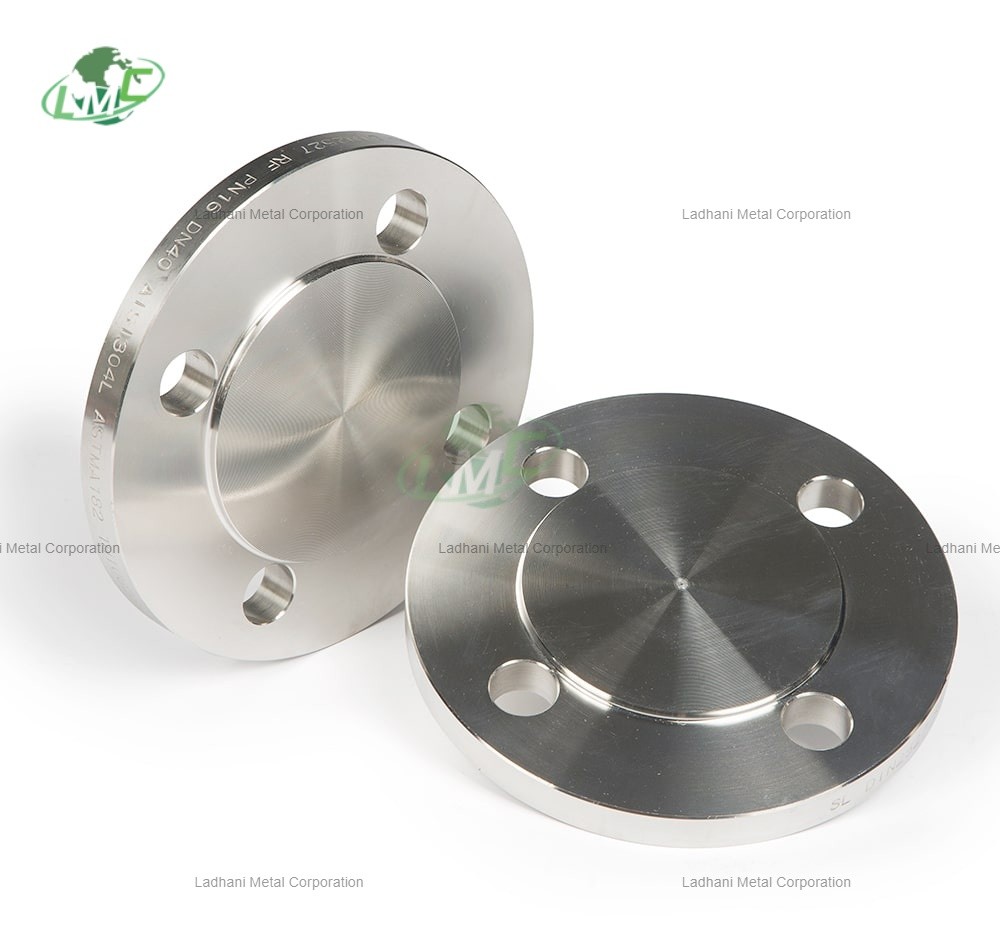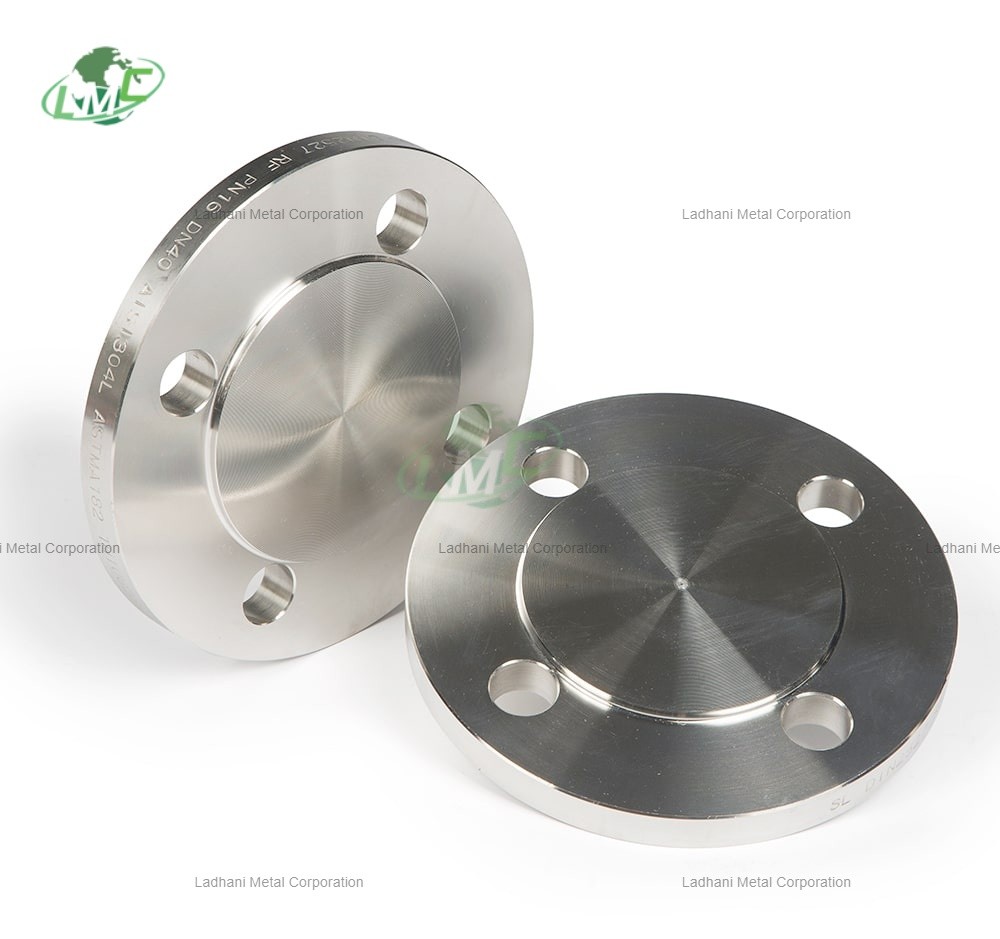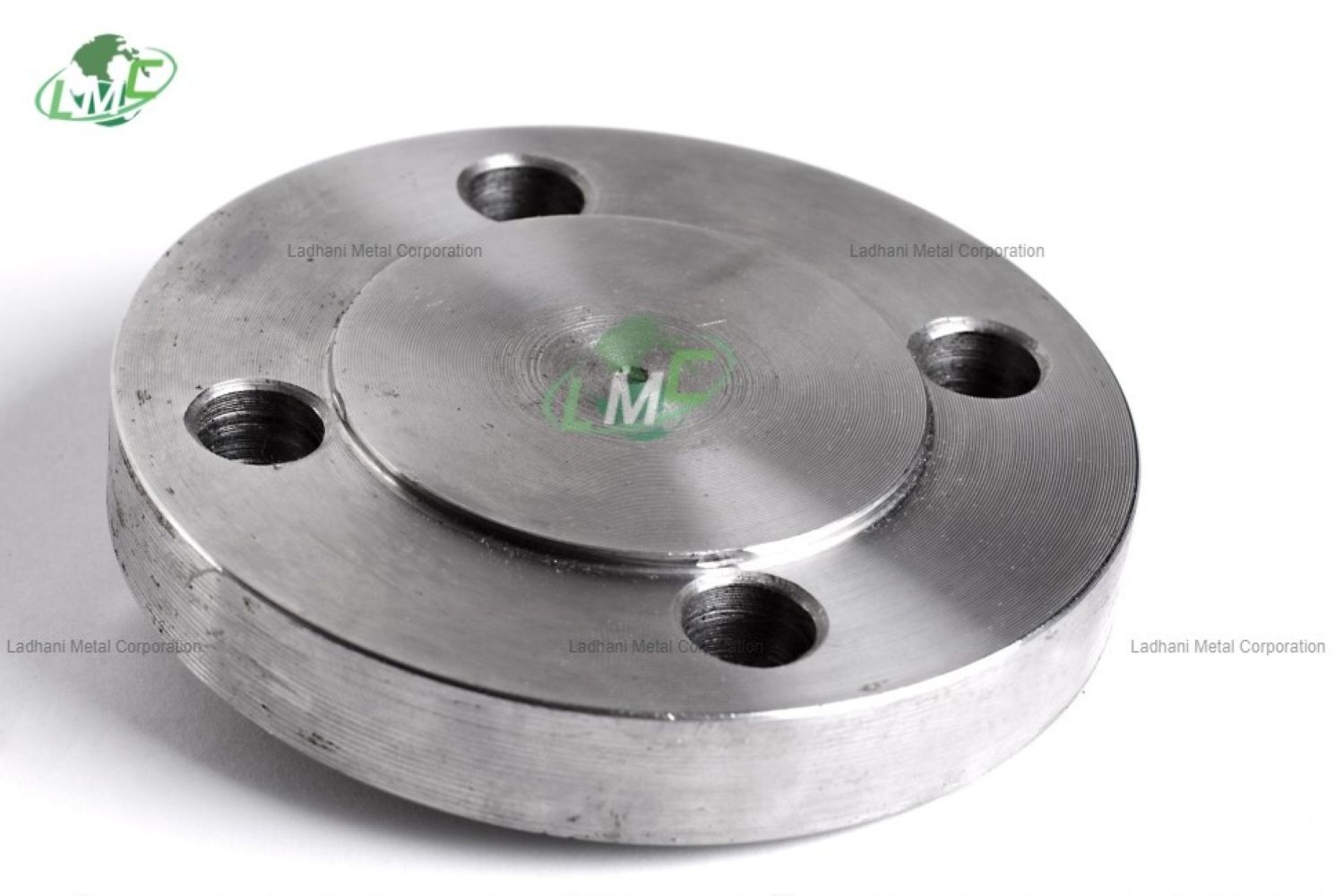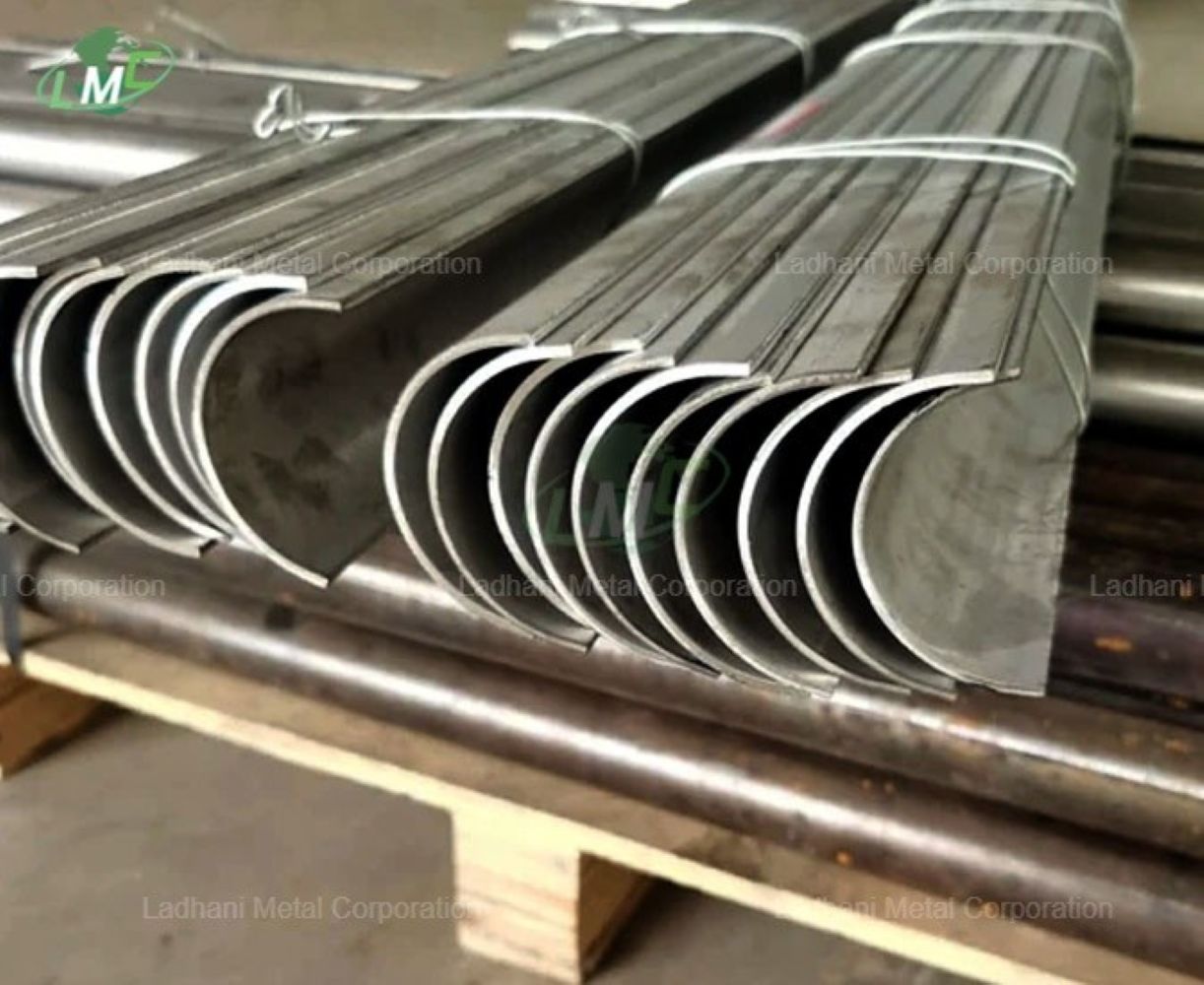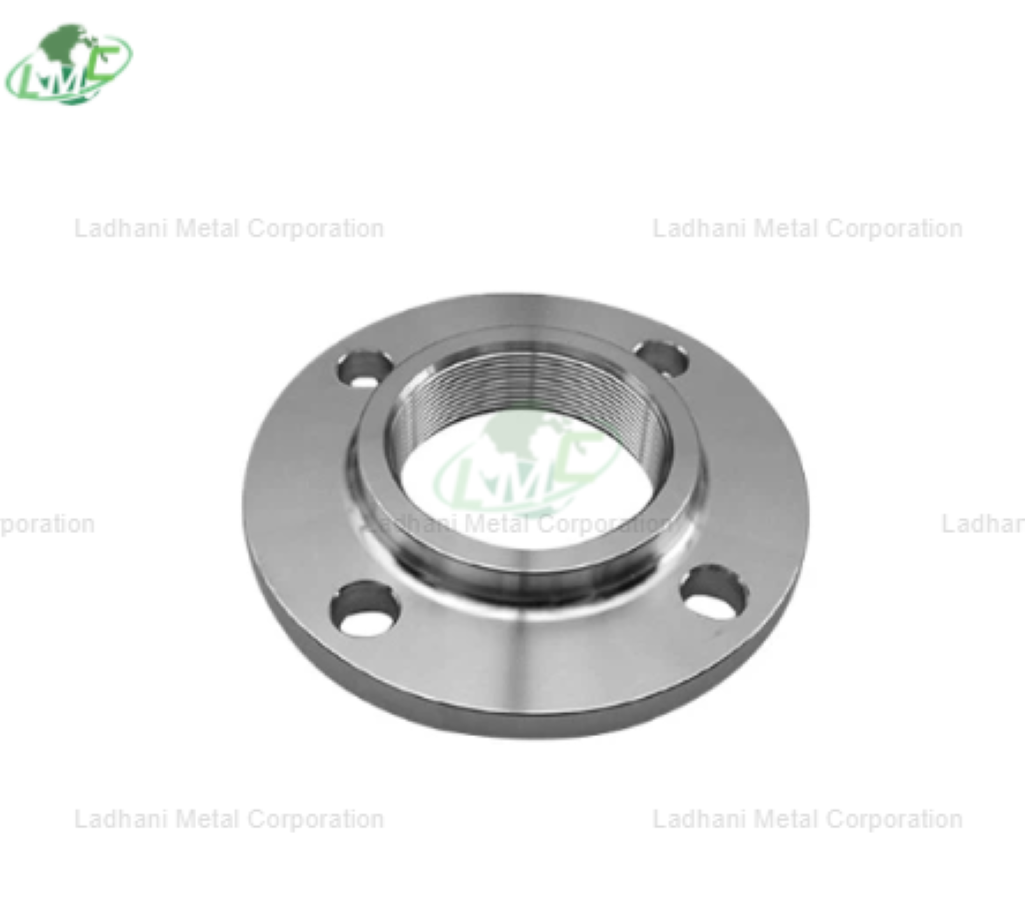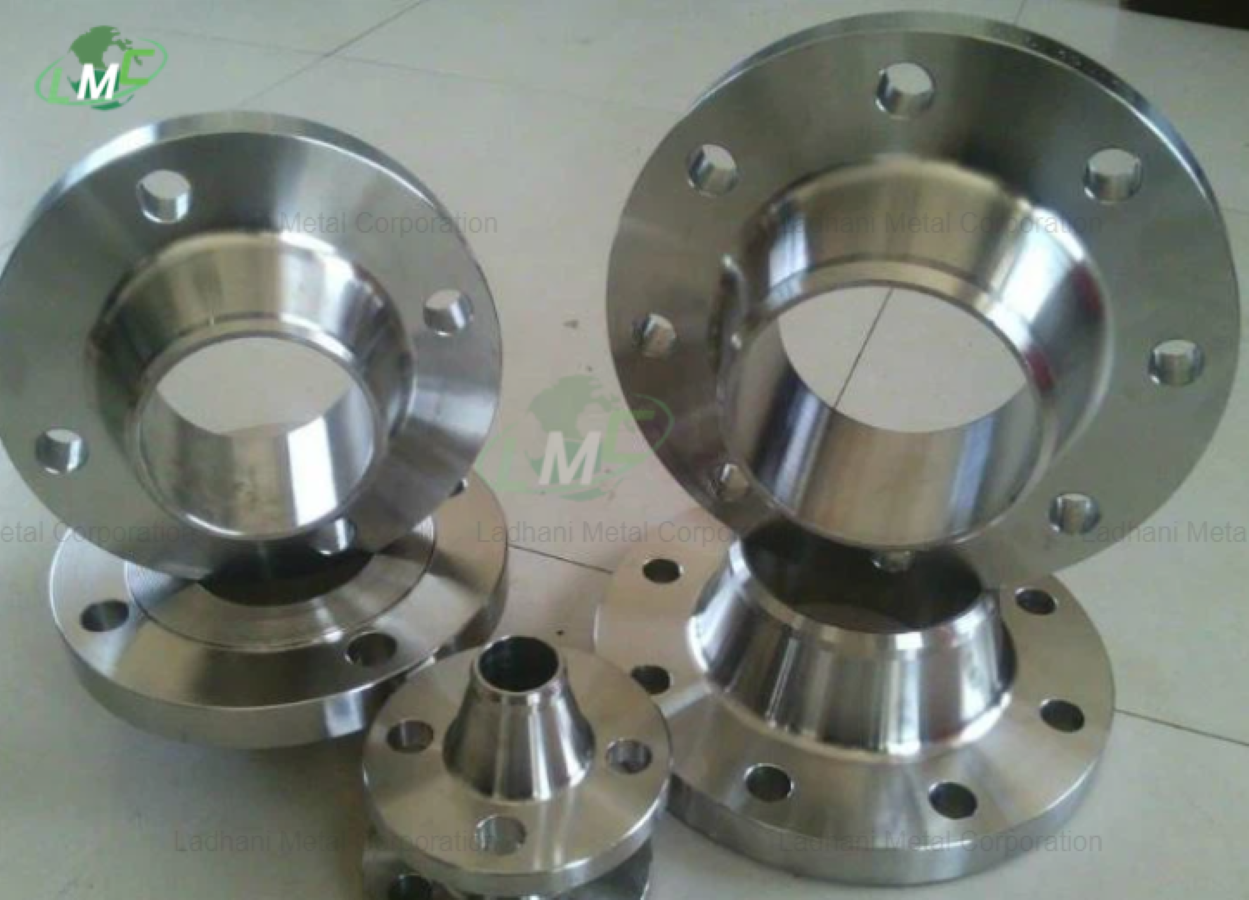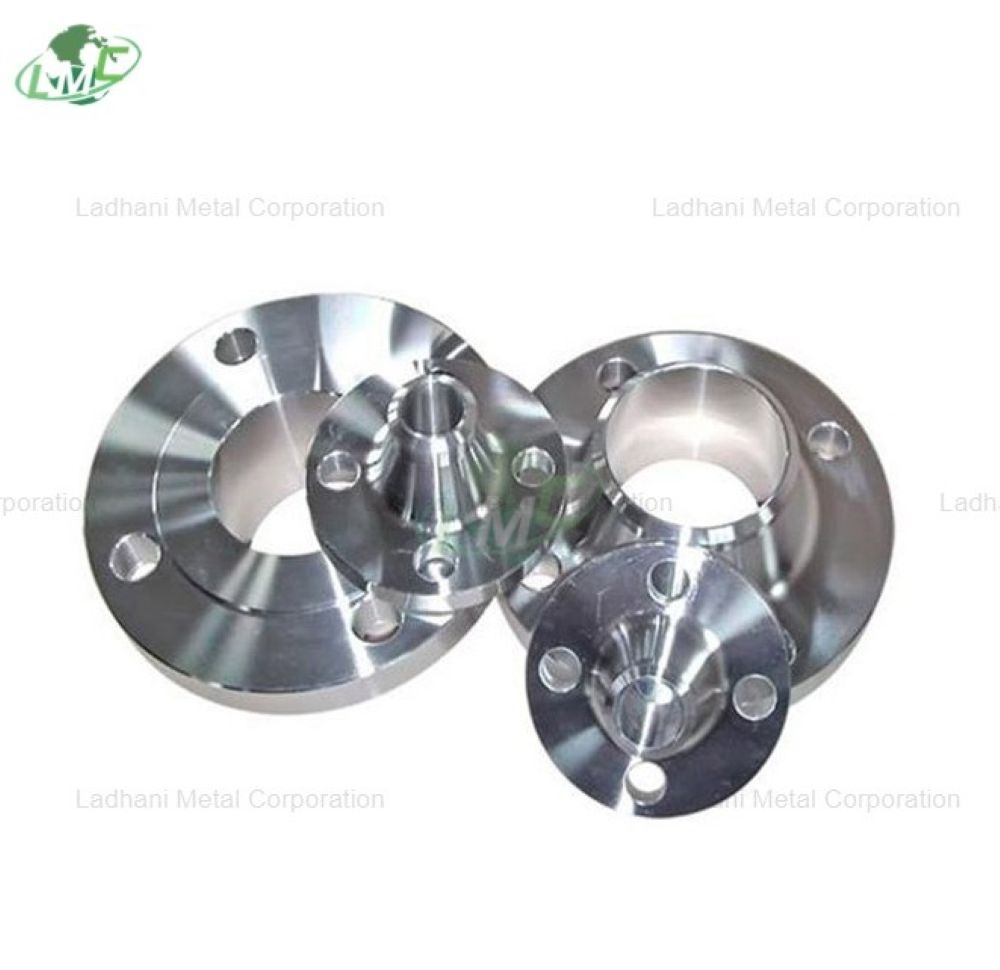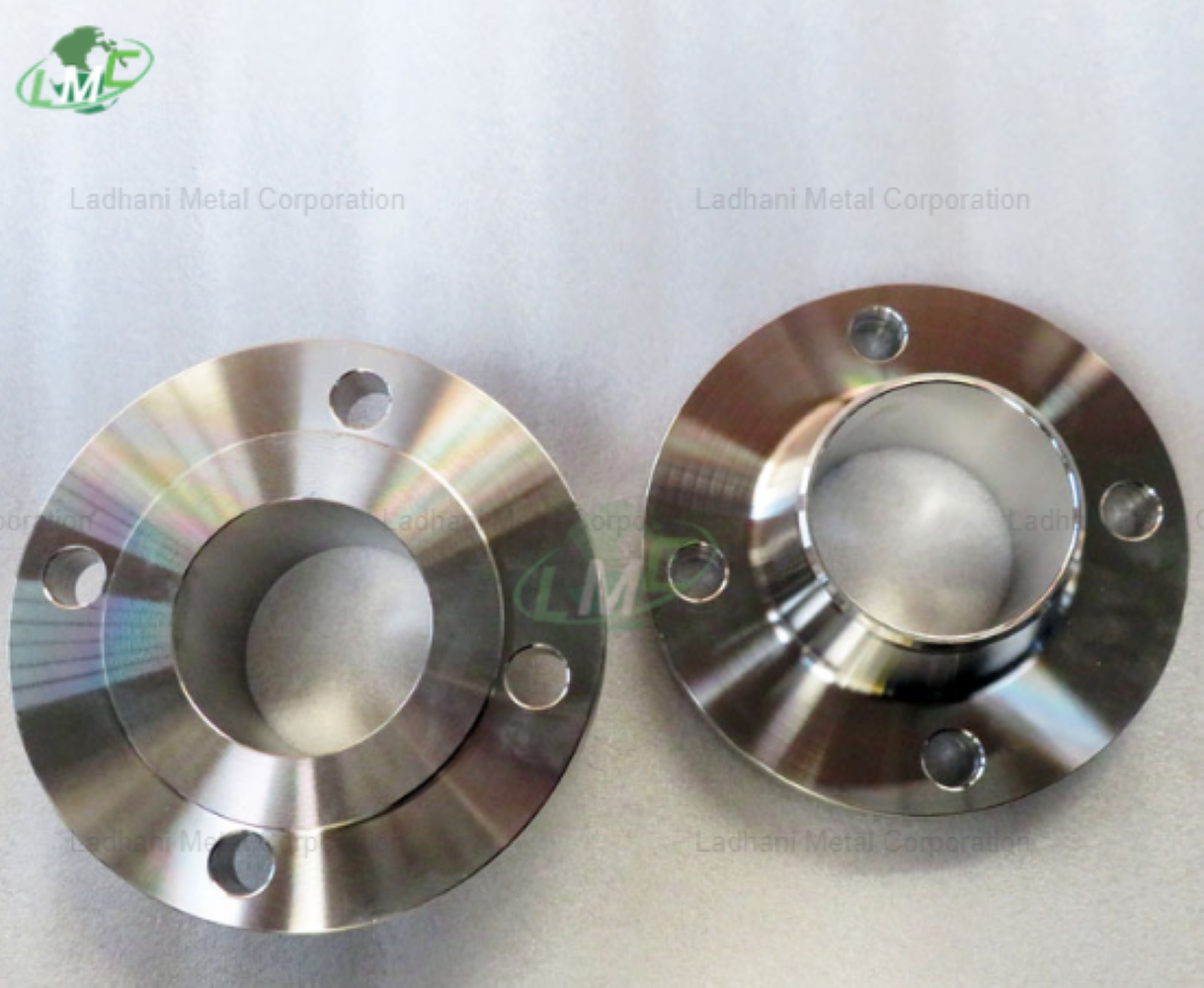DIN 2527 blind flanges are sealing components used in piping systems to close the ends of pipes, valves, or pressure vessels where no further connection is required. These flanges are designed to prevent the flow of fluids or gases, isolate sections of the piping system for maintenance, or facilitate pressure testing of the system. The DIN 2527 standard ensures these flanges meet specific dimensional and mechanical properties for reliable performance in various industrial applications. material type : Titanium: Titanium flanges, including Grade 2 and Grade 5, are known for their exceptional resistance to corrosion, particularly in aggressive environments like seawater and chemicals. These lightweight and strong materials are commonly used in aerospace, marine, and chemical industries. Stainless Steel (SS): Stainless steel, including grades like 304 and 316, provides excellent corrosion resistance, particularly in harsh environments. It is used in industries like chemical processing and marine applications, where resistance to corrosion and oxidation is essential. Carbon Steel (C.S.): Carbon steel is a popular choice for DIN 2527 blind flanges due to its strength, weldability, and cost-effectiveness. It is ideal for general-purpose applications in systems with moderate temperature and pressure conditions, using grades like St 37 and A105. Mild Steel (MS): Mild steel is a low-carbon steel that offers good formability and strength, making it suitable for less demanding applications. It is commonly used in systems where high pressure or corrosion resistance is not a critical concern. Alloy Steel: Alloy steel flanges, such as A182 F11 and A182 F22, are designed for high-temperature and high-pressure applications. They offer greater strength, thermal expansion resistance, and durability, making them ideal for power generation and petrochemical industries. Inconel: Inconel flanges, including Inconel 600 and 625, are ideal for extreme high-temperature and aggressive environments. These alloys provide superior strength and exceptional resistance to oxidation and corrosion, making them suitable for high-performance applications. SS Duplex Steel: Duplex steel, such as grade 2205, combines the characteristics of both austenitic and ferritic steels, offering high strength and superior resistance to corrosion. It is ideal for use in chemical and marine environments where stress corrosion cracking resistance is crucial. SS Super Duplex Steel: Super duplex steel, such as 2507, provides a combination of high strength and excellent corrosion resistance, especially in harsh environments. It is highly resistant to pitting and stress corrosion cracking, making it ideal for demanding applications in the oil, gas, and marine industries. Key Features of DIN 2527 Blind Flanges: Material Variety: DIN 2527 blind flanges are available in different materials, including carbon steel, mild steel, stainless steel, alloy steel, and special alloys like Inconel or Duplex steel, offering a wide range of options to meet the needs of different environments, temperatures, and pressures. Pressure and Temperature Ratings: These flanges are available in different pressure ratings such as PN6, PN10, PN16, PN25, and PN40, ensuring they can withstand the required pressures for various industrial applications. Dimensional Standards: The DIN 2527 standard ensures precise dimensional accuracy, allowing for reliable sealing and easy installation in piping systems. These flanges are available in various nominal diameters, typically ranging from DN10 (1/2 inch) to DN600 (24 inches) or more, depending on the system requirements.
Send Message
